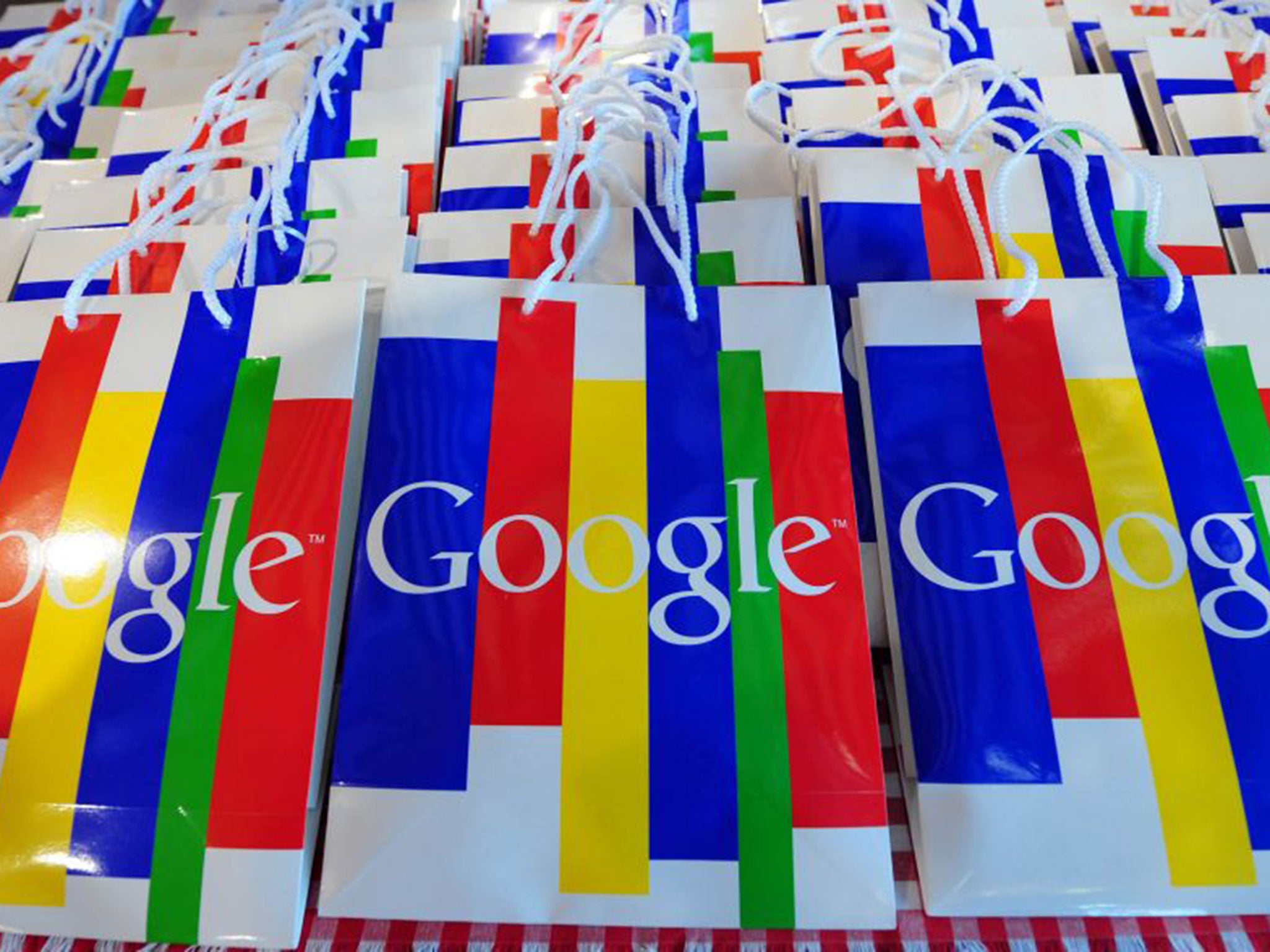Google abused its search engine dominance and could be fined, says EU
Search giant unfairly favoured its own shopping tool and other services, European Commission says

The EU has officially charged Google with abusing its dominance of the search engine market.
The accusations are mostly limited to Google's shopping tools, though the European Commission has also said that it will look into issues around Android and Google's mobile apps and services. The Commission is still investigating the rest of Google's behaviour in Europe, it says, and whether it favours its search results above others, and whether it copies rivals' web content.
Google responded to the news by arguing that its search engine actually encouraged choice and competition, releasing blogposts showing that the rise of Google's products has been matched by similar growth in its competitors.
"While Google may be the most used search engine, people can now find and access information in numerous different ways — and allegations of harm, for consumers and competitors, have proved to be wide of the mark," wrote Amit Singhal, senior vice president of Google Search, in a blog post called 'The Search for Harm'. The other post was written by Hiroshi Lockheimer, vice president of engineering for Android, and addressed Europe's concerns about Google's mobile activities.
The European Commission has sent a “statement of objections” to Google, which mentions the possibility of fining the company for abusing its power by favouring its own shopping service in rankings. It said that it will also explore whether the company has been unfairly making phone and tablet makers put Google services on their products.
“If the investigation confirmed our concerns, Google would have to face the legal consequences and change the way it does business in Europe,” EU Competition Commissioner Margrethe Vestager wrote in an emailed statement published on Bloomberg. “I want to make sure the markets in this area can flourish without anti-competitive constraints imposed by any company.”
In the European Commission's announcement of the charges, Vestager says that she is "concerned that the company has given an unfair advantage to its own comparison shopping service, in breach of EU antitrust rules". By showing results from Google Shopping more prominently, search results could not be showing customers the most relevant information, the Commission says.
She also says that she has "launched a formal antitrust investigation of Google’s conduct concerning mobile operating systems, apps and services".
"Smartphones, tablets and similar devices play an increasing role in many people's daily lives and I want to make sure the markets in this area can flourish without anticompetitive constraints imposed by any company," Vestager writes.
The EU has repeatedly warned Google that it could begin proceedings against it, and last night rumours swirled that the European Commission would finally bring charges.
It was previously thought that Google could make a settlement with European regulators, where the investigation would be dropped if the search engine made minor tweaks to how it works. The European Commission said that "previous commitment proposals from Google were insufficient to address its competition concerns".
Google has ten weeks to respond to the statement of objections, and need not do so in public, and can then seek a formal hearing.
Join our commenting forum
Join thought-provoking conversations, follow other Independent readers and see their replies
Comments
Bookmark popover
Removed from bookmarks